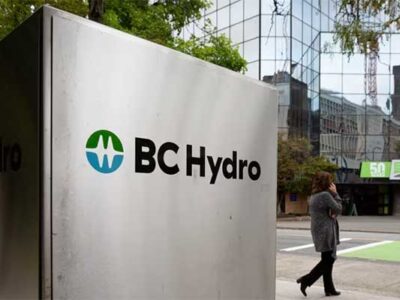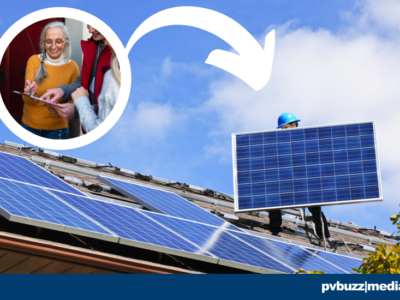- Among other scams, perpetrators using “spoofing” technique to simulate Pacific Gas and Electric Company (PG&E) phone numbers.
- Claiming to represent a PG&E initiative to sell a product in order to gain access to their home.
- "It’s alarming that people are trying to capitalize on the pandemic and people’s fears."
California — tag link During the COVID-19 outbreak, Pacific Gas and Electric Company (PG&E) is alerting customers to be aware of potential scam phone calls or emails threatening to shut off power if payment is not made.
Since the COVID-19 outbreak began, PG&E’s Corporate Security department has received several reports regarding scammers requesting payment on past due utility bills immediately with a debit card. PG&E has also seen an increase in “spoofing,” which is when the incoming call appears to come from a PG&E telephone number.
“It’s alarming that people are trying to capitalize on the pandemic and people’s fears. Unfortunately, that’s the reality with scammers. We’ve seen a steady stream of scam calls recently and are reminding customers that PG&E will never ask for personal information or a credit card number over the phone,” said James Murphy, Senior Director, Corporate Security at PG&E.
Last week, PG&E announced that in response to the COVID-19 pandemic, it has voluntarily implemented a moratorium on service disconnections for non-payment, effective immediately. This suspension applies to both residential and commercial customers and will remain in effect until further notice. Customers should assume that any threat related to a disruption in service for non-payment is a scam.
Earlier in the year, PG&E started seeing a new scam trend with the request becoming more detailed. Scammers include specific names of customers, and in some cases, guessing general dollar amounts owed. They are also disguising their true phone numbers with a caller ID that says “PG&E” or “Pacific Gas & Electric.”
Other scam phone call tactics include:
Notifying residents that they are eligible for a federal tax refund-related to their utility bill
Trying to sell services related to solar evaluation
Claiming to represent a PG&E initiative to sell a product in order to gain access to their home














Comments